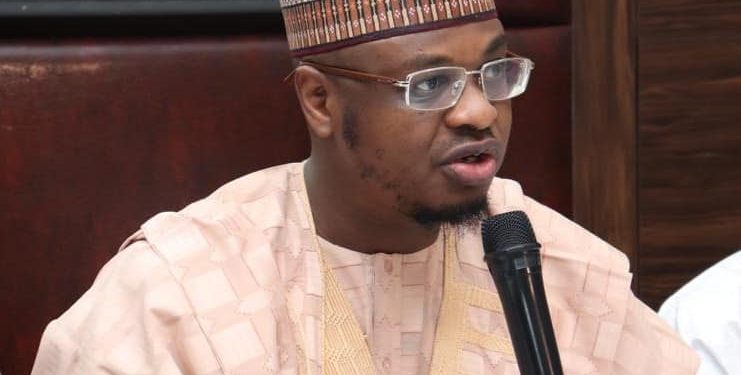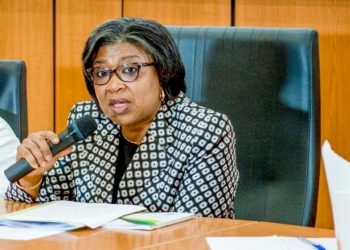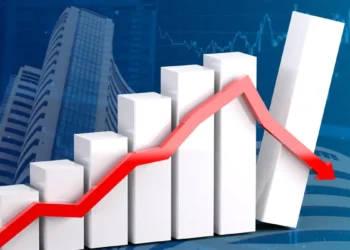The telecommunications industry players have accused the Minister of Communications and Digital Economy, Prof. Isa Pantami, of being responsible for the current debt impasse between telecom operators and Deposit Money Banks (DMBs) in Nigeria.
According to the industry players, the Minister’s interference in a regulatory solution proposed by the Nigerian Communications Commission (NCC) has contributed to the debt escalating to N120 billion as of this month.
The NCC had introduced an end-user billing system in 2019, which aimed to ensure that bank customers pay directly to telecom operators for each USSD session. However, the Minister suspended the regulation and sought alternative means to resolve the debt issue between telcos and banks.
At a meeting held on March 15, 2021, between the Minister, representatives of mobile network operators (MNOs), and banks, resolutions were reached. These resolutions included charging a flat fee of N6.98k per transaction on USSD and allowing banks to continue collecting fees directly from customers’ bank accounts on behalf of MNOs.
Despite these resolutions, the banks have been charging customers for USSD services without remitting the funds to the telecom operators, resulting in the debt increasing to N120 billion.
Critics within the telecom sector have blamed the Minister for the escalating debt, citing his interference in a matter that could have been resolved through regulation. They argued that the Minister’s role is to formulate policies for the industry, not to meddle in regulatory affairs that fall under the purview of the NCC. They expressed disappointment with the Minister’s failure to allow the NCC to address the issue in the best interest of the industry.
Telecom stakeholders warned that they would disconnect banks from the USSD platform unless the debt is settled. They emphasized that they spend significant sums annually to maintain the networks that banks utilize to provide USSD services without paying their dues.
In defense of his decision to suspend the end-user billing system, Pantami explained that USSD is a service provided to banks and not to telecom consumers. He argued that banks should consider themselves corporate customers of telecom operators and should bear the responsibility of paying for using the telecom network and infrastructure, including USSD channels.
In a final effort to resolve the matter, Pantami summoned another meeting in May 2023, which included representatives from MNOs, DMBs, NCC, and the Central Bank of Nigeria (CBN). However, the CBN did not attend the meeting.
In a letter addressed to the CBN Governor, Pantami expressed concern over the increasing debt and lamented the absence of CBN representatives at the meeting. He warned that if the outstanding debt owed by DMBs to MNOs for USSD services is not settled, the NCC would approve the withdrawal of all USSD services to the indebted banks.
The CBN acknowledged the ongoing dispute and intervention efforts to resolve the debt issue between telcos and banks. The bank’s spokesperson stated that they are engaging with all stakeholders to ensure an amicable resolution and recognize the telcos’ right to collect legitimate fees and recover their costs.
As the telecom industry grapples with the debt crisis, the actions and decisions of the Minister of Communications and Digital Economy, Prof. Isa Pantami, continue to face scrutiny. The debt impasse underscores the need for a clear regulatory framework and effective collaboration between telecom operators, banks, and regulatory bodies to maintain a sustainable and thriving telecommunications industry in Nigeria.











